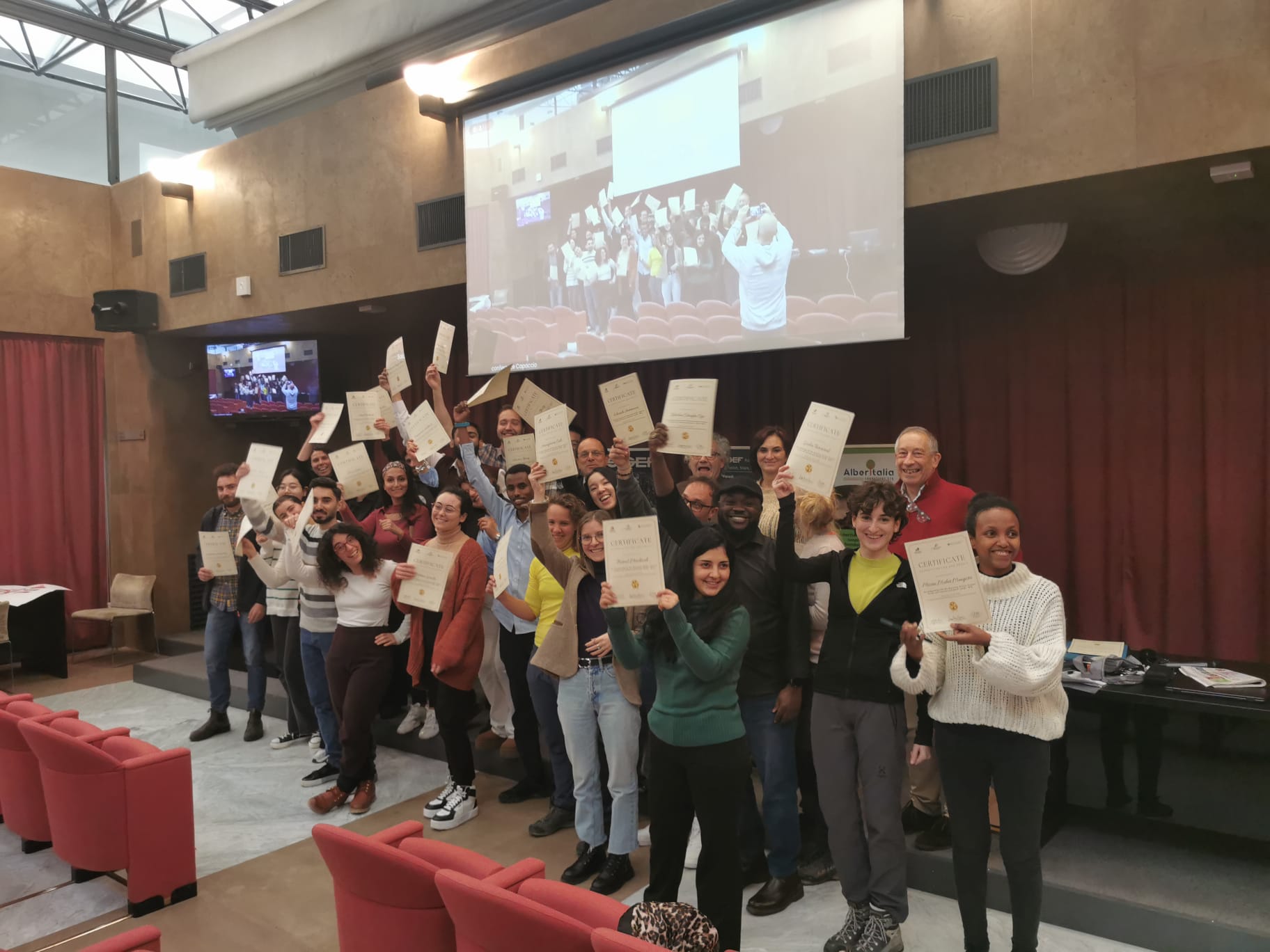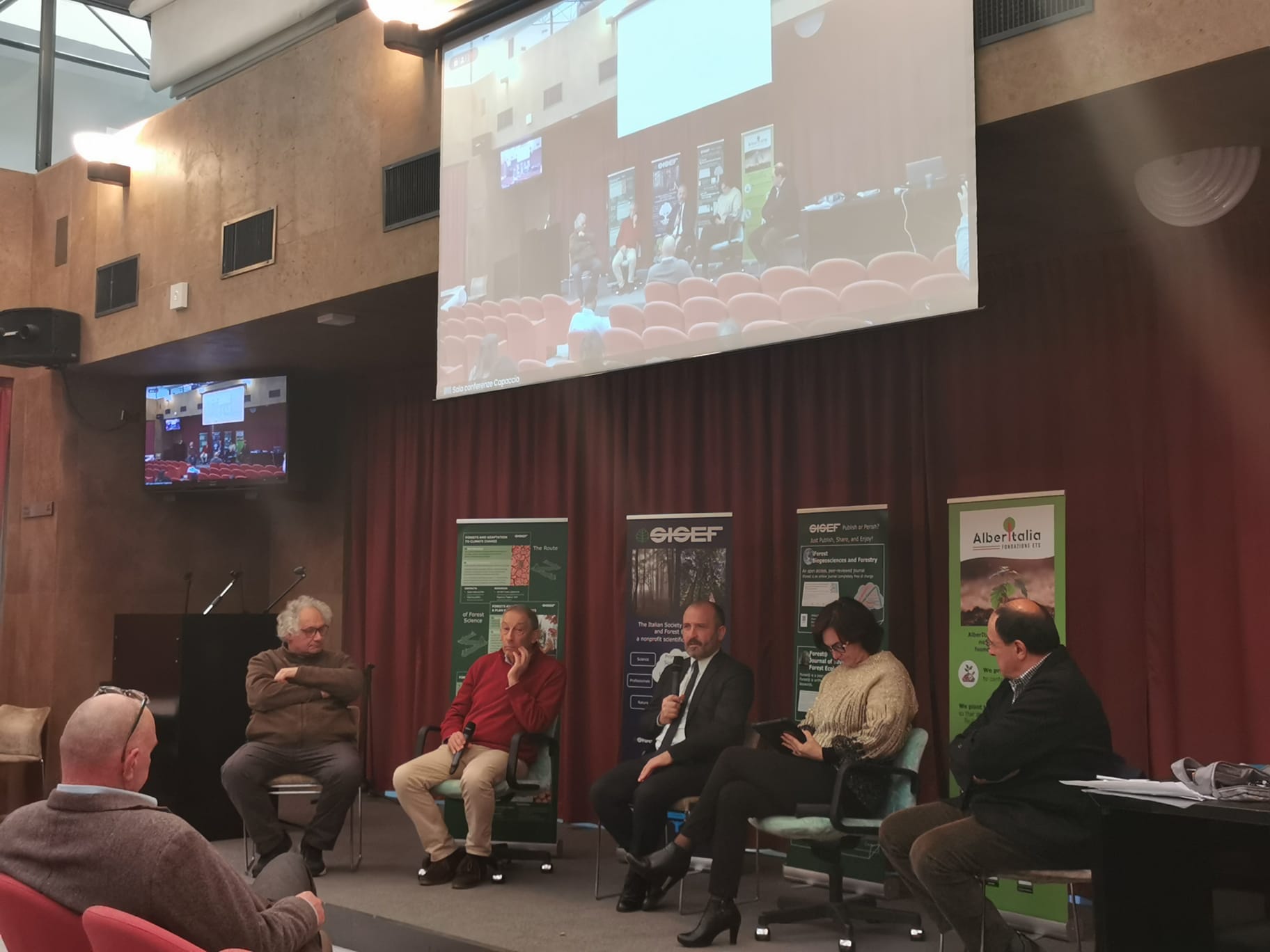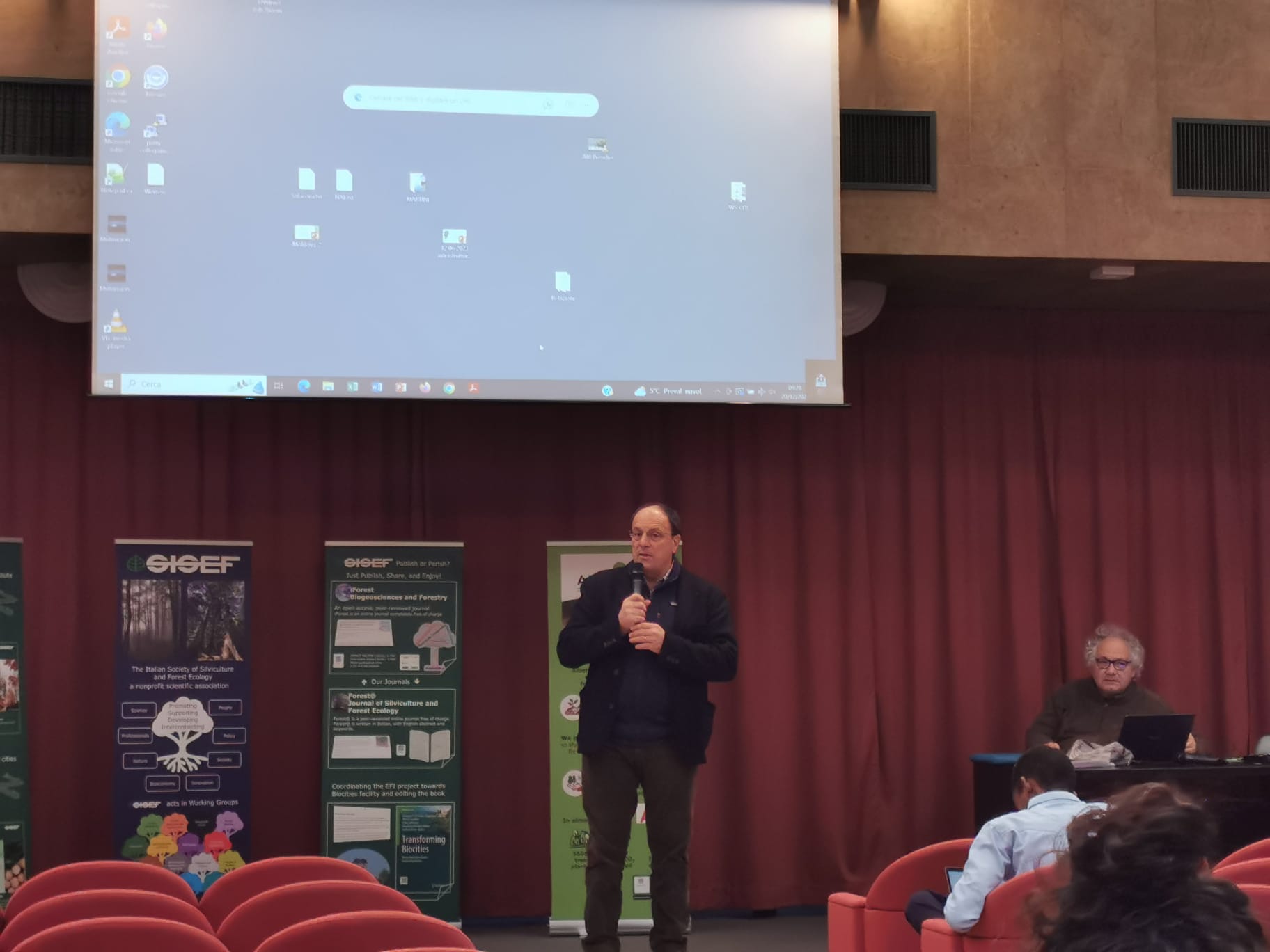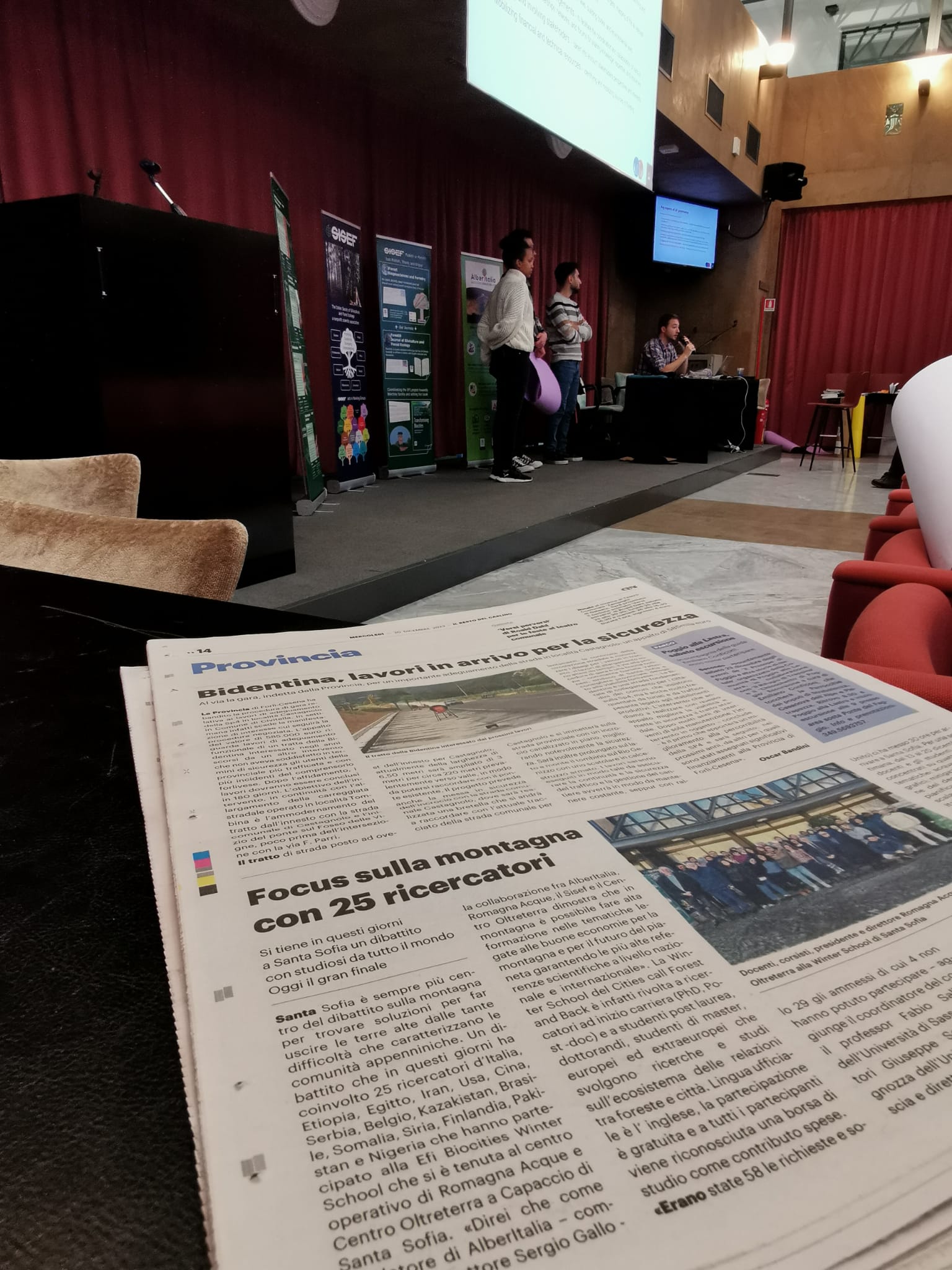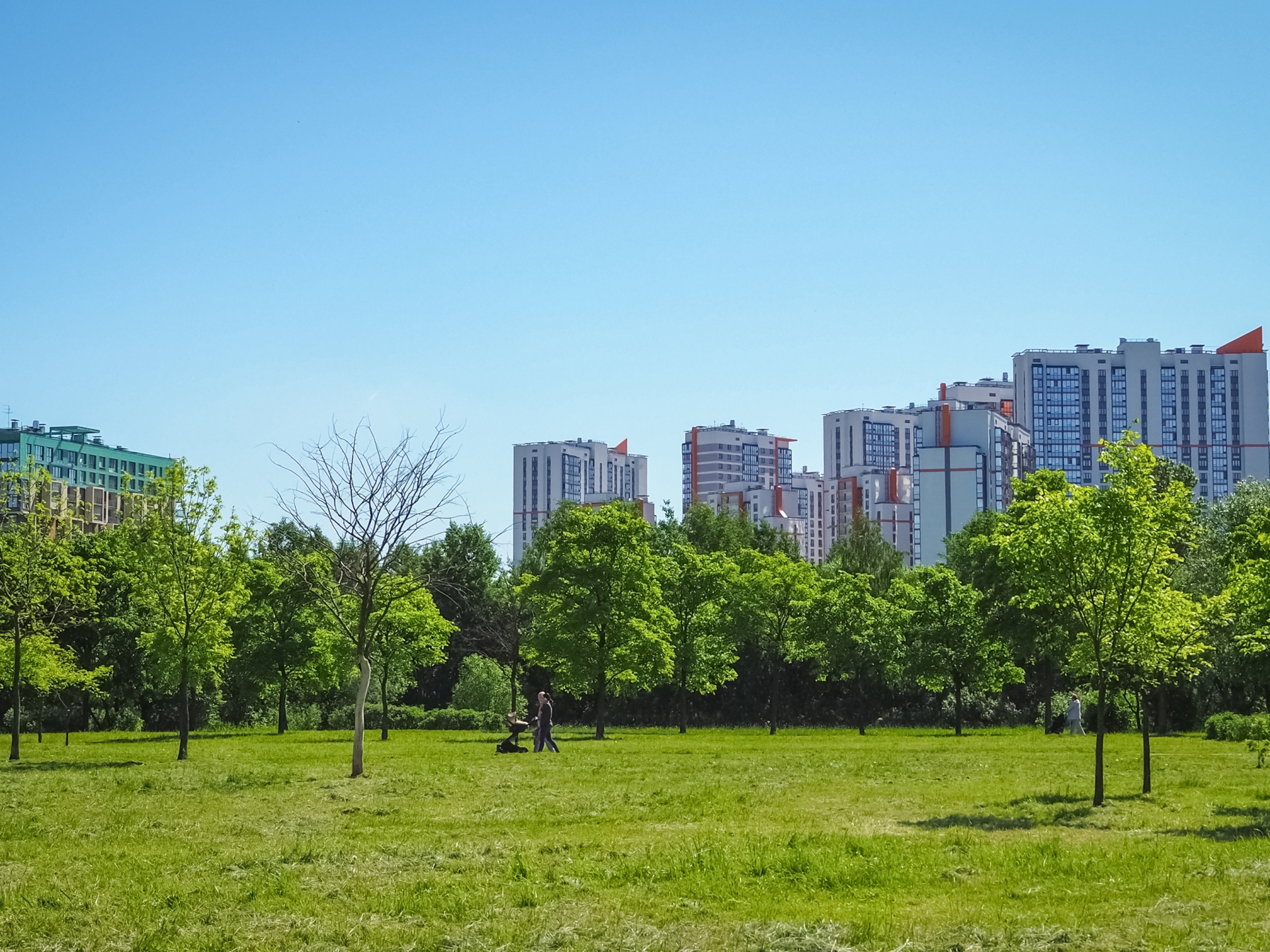
EFI Biocities 2023 Winter School
Cities call Forests and Back (CFB-WS)
The EFI Biocities CFB-Winter School, organized in collaboration with AlberItalia and SISEF, is designed for Early Career Researchers (ECR, PhD, Post-doc) and postgraduate students (PhD students, Master students) in and outside Europe, who are carrying out research and studies on the ecosystem of relationships between forests and cities.
For this second edition, 18 students from 17 countries (Italy, Sudan, Germany, Ethiopia, Benin, Mexico, India, Nepal, Pakistan, Macedonia and Iraq) were selected for the scholarship.
Official language:
English
Duration:
9 days (from 12th December 2023 to 20th December 2023)
Scientific Committee:
Prof. Giuseppe Scarascia Mugnozza, Prof. Marco Marchetti, Prof. Renzo Motta, Prof. Fabio Salbitano.
Organizing committee:
Dr. Sergio Gallo, Dr. Gabriele Locatelli, Dr. Angela Rositi.
Objectives
- Providing knowledge on urgent and emerging issues linking cities to forests
- Developing discourses, methods, and research insights as collaborative outputs of co-produced Living Labs
- Strengthening transdisciplinary collaboration
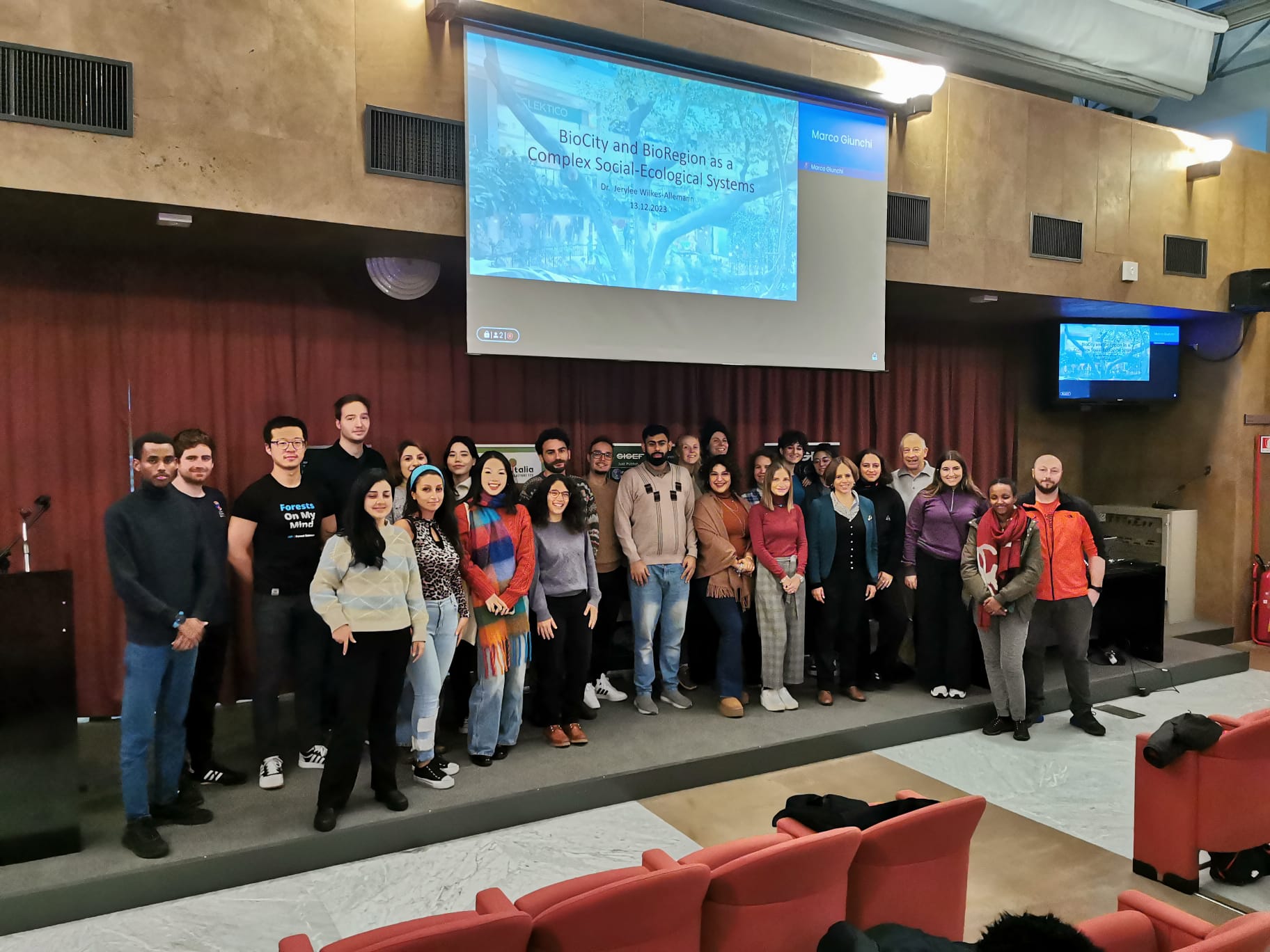
Background and programme
Cities are the places where the majority of people in the world lives. They are key nodes of business, with a decision-making power and a natural capital footprint that goes far beyond the physical urban sphere. Cities’ societies, via diversified policy arrangements, exert their hegemony in wider surrounding and remote regions, being the engine itself of global colonisation and migration processes. The awareness of this influence is decisively increasing up to propose to change, either update, the concept of Anthropocene, during which the human impact on Earth’s geology and ecosystems became dominant. Effectively, the newly introduced concept of Urbancene emphasizes the determinant role of the global urbanisation footprint on the interactive dynamics of biosphere, hydrosphere, atmosphere, and lithosphere.
Characterised by high population density, cities are surrounded by rural area, less-densely populated with minority built-up space. Rural areas are perceived as a mosaic of land uses having various degrees of naturalness. Notwithstanding certain benefits that rural areas gain from cities, such as market access, investment inputs, or employment opportunities, cities have generally developed a resources-demanding, relationship with those areas. The countryside is historically perceived as a source of food, water, materials, energy, leisure, relax and tourism opportunities to serve the needs of cities, which behave as accumulative economic nodes. Urban dwellers, particularly in middle to high-income countries, are physically and mentally disconnected from the rural world. The process of urbanization of mindsets and lifestyles increased at an unprecedented pace in the last three decades. Almost 76% Europeans live in urban areas in 2023 but the urban behaviour in term of use of resources, shopping and transport preferences, leisure and culture priorities, time organisation, socialization approaches, and housing standards concern the 98% of people living in Europe: urbanisation goes far beyond the city boundaries.
The BioRegion concept refers to a refined urban regional scale that includes the BioCity and its surroundings and is formulated and defined by natural and social interconnections (e.g. watersheds, foodsheds, and food systems) rather than administrative and economic boundaries. This means that the term BioRegion is more consistent with a ‘network’ rather than with a spatially compact region. In the circular BioSociety, formulated by the BioCity and its BioRegion together, the use of resources and the economy around it is more cyclical. The impact on nature and the dependence on energy sources, such as fossil fuels, is minimised, and climate change and adaptation to global and regional environmental change are integral to its functions.
The social-ecological system of a BioCity and its BioRegion comprises a variety of organisms, compartments, and processes, with distinct traits and interdependent flows of ecosystem functions and services across a blue and green network within the landscape.
There are many key issues linking cities to rural zones and particularly forests.
The course will focus on four thematic sessions:
- Water and Watershed
- Mitigation and prevention of land degradation.
- Integrated multi-scalar planning
- Parco Italia experience as a laboratory of designing and implementing connection from cities to forests.
Final Day
During the last day, the group works prepared by the participants were presented and discussed with the teachers, certificates of participation were delivered and some issues related to the issues of governance in the territory were explored in depth.
